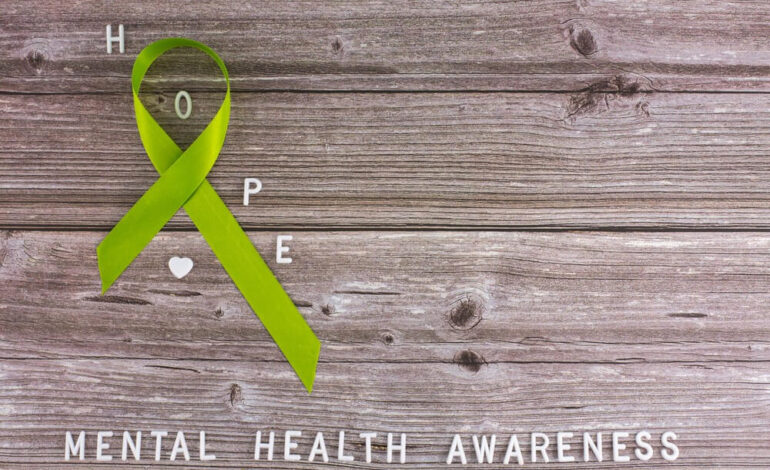Anhedonia, Apathy and Depression
May is Mental Health Awareness Month. A special month devoted to raising awareness and education about mental health.
Mental health goes beyond the extent of the diagnosis and treatment of mental health disorders such as anxiety, schizophrenia, bipolar disorder, and depression. Mental health includes being aware of our emotions, thoughts, personal relationships, problem-solving strategies, and our ability to comprehend and navigate the world around us.
Mental illness is not just tied to disorders but rather feelings that can coincide with mental health disorders. Anhedonia and apathy are two emotions that are often confused with depression.
Anhedonia
Anhedonia means “without pleasure,” and many describe it as emotionally flat-lining. This lack of ability to feel pleasure is tightly linked to many different mental health disorders and addictions.
Although the exact cause of anhedonia is unknown, it is thought that anhedonia is triggered by stressful situations.
Anhedonia can also be caused by side effects from prescription medications, such as antidepressants and antipsychotics. Other causes of anhedonia include schizophrenia and recreational drug use.
Individuals who experience anhedonia lose interest in activities that they once enjoyed.
The main subtypes of anhedonia are physical and social.
Social anhedonia is a disinterest in social situations and a lack of pleasure in social contact with others. Individuals with social anhedonia experience the following:
- social withdrawal
- a lack of relationships
- negative feelings towards themselves and others
- reduced emotional abilities
- faking positive emotions in social situations
- difficulty adjusting to social situations
Physical anhedonia is the lack of ability to experience physical pleasure. These individuals do not enjoy eating and have a loss of interest in physical intimacy.
Apathy
Apathy is an emotion that is defined as a lack of motivation, which is characterized by reduced activities, cognition, and emotion. Apathy is often associated with mental health disorders such as depression, schizophrenia, Parkinson’s disease, Huntington’s disease, stroke, and head trauma.
Signs and symptoms of apathy include the following:
- Lack of effort or energy to do everyday things
- Depend on other individuals to plan your activities and do the daily routine for you
- Lack of desire to do new things, meet new people, or have new experiences
- Do not care about your own problems
- Lack of emotions when good or bad things happen
Depression
Depressive disorders are a range of mood disorders characterized by persistent and intense sadness, changes in sleep patterns, loss of appetite, feelings of worthlessness, and anhedonia for extended periods.
Depression not only disrupts relationships and sleep patterns but also disrupts the way our brain processes information, affects how we think & feel our emotions, and complex problems. It involves apathy, anhedonia, and many more signs and symptoms that interfere with daily functioning.
According to the National Institutes of Health, each year, more than 16 million adults in the United States, experience at least one episode of major depression. The likelihood that a person will develop depression at some point in life is approximately 10 percent. Depressive disorders come in different forms, as is the case with medical illnesses such as heart and lung disorders. The following are types of depressive disorders:
- Major depressive disorder (clinical depression)
- Persistent depressive disorder
- Premenstrual dysphoric disorder
- Psychotic depression
- Postpartum depression
- Seasonal affective disorder
Signs and symptoms of depression
- Sadness most of the day, nearly every day
- Loss of interest in most activities you once enjoyed
- Weigh changes or changes in appetite
- Trouble falling asleep, staying asleep, or the desire to sleep more than usual
- Feelings of restlessness, tremors, or meaningless movements (physical agitation)
- Feeling worthless or guilty, often about things that would not usually make you feel that way
- Difficulty concentrating, thinking, or making decisions
- Thoughts about harming yourself or committing suicide
Although there is no cure for depression, its symptoms can be minimized with the correct combination of medications and psychotherapy.
As we continue through May, let’s join together to raise awareness about mental health.

